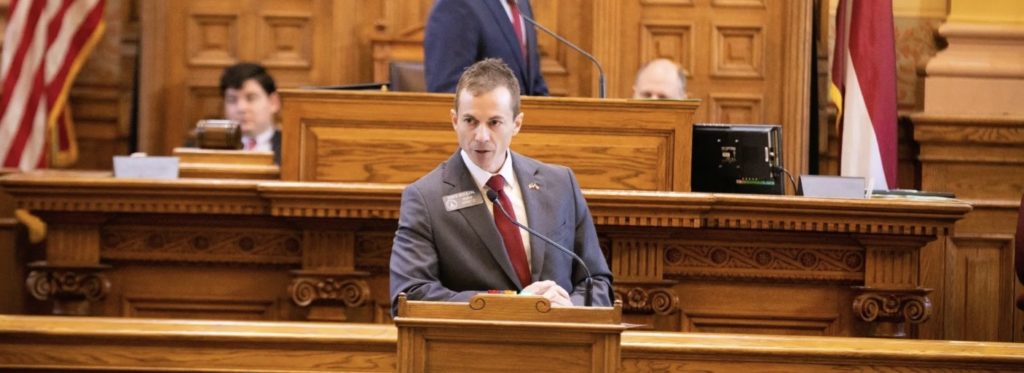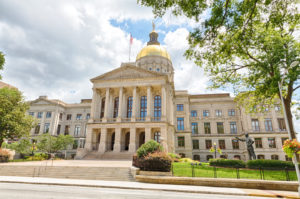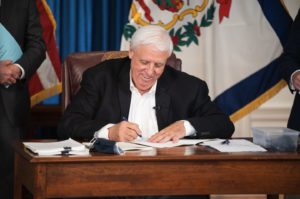Georgia lawmaker proposes state-funded education savings accounts
(The Center Square) – Proposed legislation would allow Georgians to create state-funded Education Savings Accounts.
Under Senate Bill 233, taxpayers would fund $6,000 per student per school year….

(The Center Square) – Proposed legislation would allow Georgians to create state-funded Education Savings Accounts.
Under Senate Bill 233, taxpayers would fund $6,000 per student per school year. Students could use that money to defray “qualified” education costs, including private school tuition.
“This legislation is about ensuring the American Dream remains possible for all of Georgia’s children,” state Sen. Greg Dolezal, R-Cumming, said in a statement. “No child should be stuck in a subpar school or subject to the whims of school boards based on where they live or their family’s ability to pay. Every family should have options and every child should have opportunity.”
During last year’s session, the state Senate scuttled a similar measure, Senate Bill 601, the Georgia Educational Freedom Act. It would have similarly created state-funded Promise Scholarships of up to $6,000 a year, which Georgia families could have used for education expenses, such as private school tuition, tutoring and homeschool curriculum.
“Sen. Dolezal’s legislation would provide an opportunity that’s nothing short of life-changing for Georgia’s children, allowing tax dollars to follow the child so parents can find the right educational fit,” Christy Riggins, director of the American Federation for Children’s Georgia chapter, said in a statement. “Engaged parents know better than governments what’s best for their children, and if this long-awaited reform becomes law Georgia will join a growing list of states to acknowledge this fact with meaningful action.”
The Georgia Center for Opportunity similarly lauded the measure, saying a “quality education levels the playing field for all Georgians.”
“Promise Scholarships would do that by giving eligible students the unique educational experiences that they need,” Buzz Brockway, GCO’s vice president of public policy, said in a statement. “All kids deserve a chance, including students who may need additional help or require a different learning environment. This bill gives a lifeline to students who are not currently served well by their local public school while having no impact on public school funding levels.
“Our education system should ensure that all students have access to quality education, no matter their race, past mistakes, or circumstances of their birth,” Brockway added. “This bill would be a huge step in that direction for kids in our state.”
A separate measure, House Bill 54, would increase the state’s tax credit scholarship cap from $120 million annually to $200 million per year starting in 2024. The state’s tax credit scholarship program, enacted in 2008, allows individuals and corporations to use part of their state tax obligation for private school scholarships.


